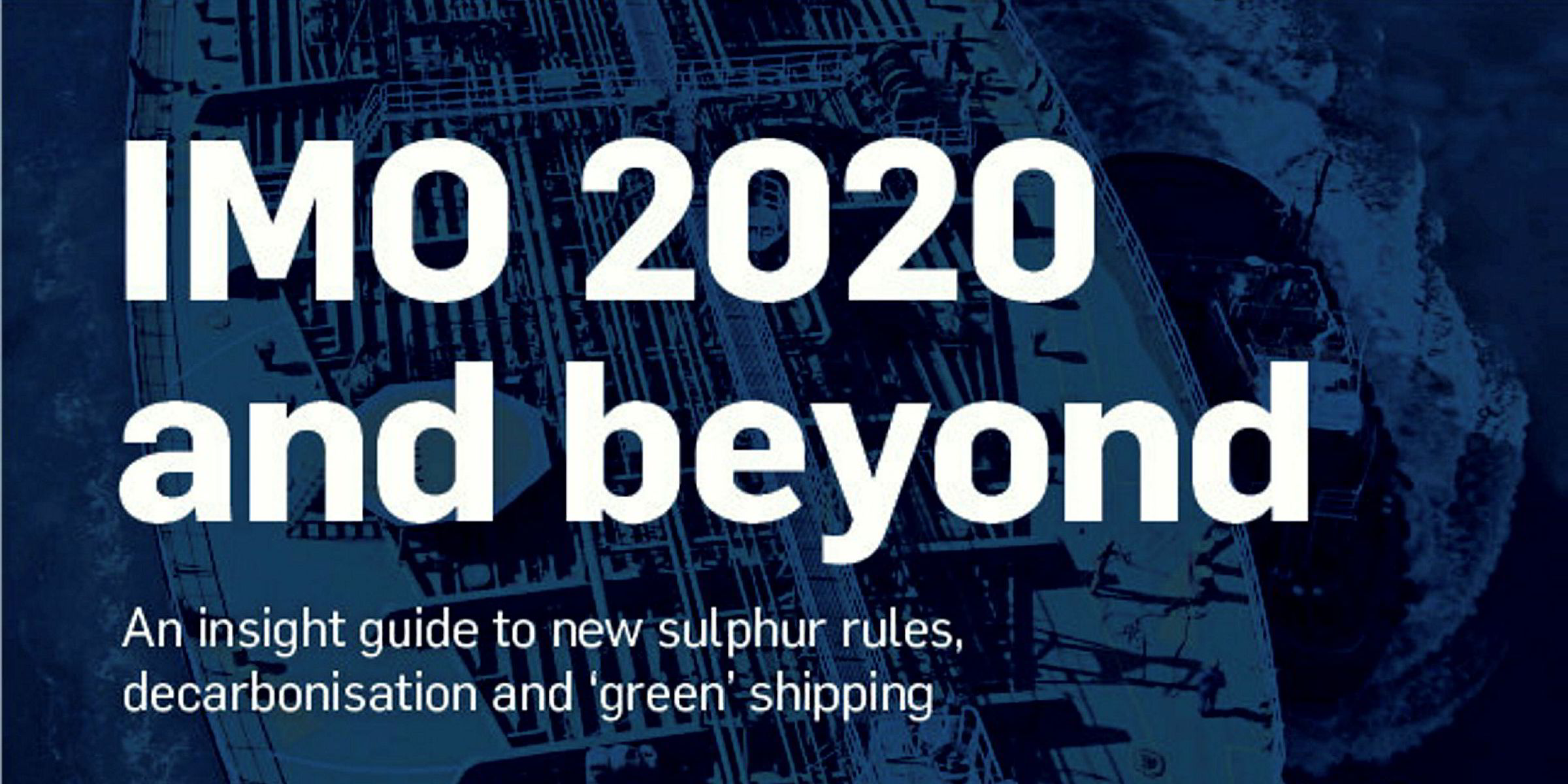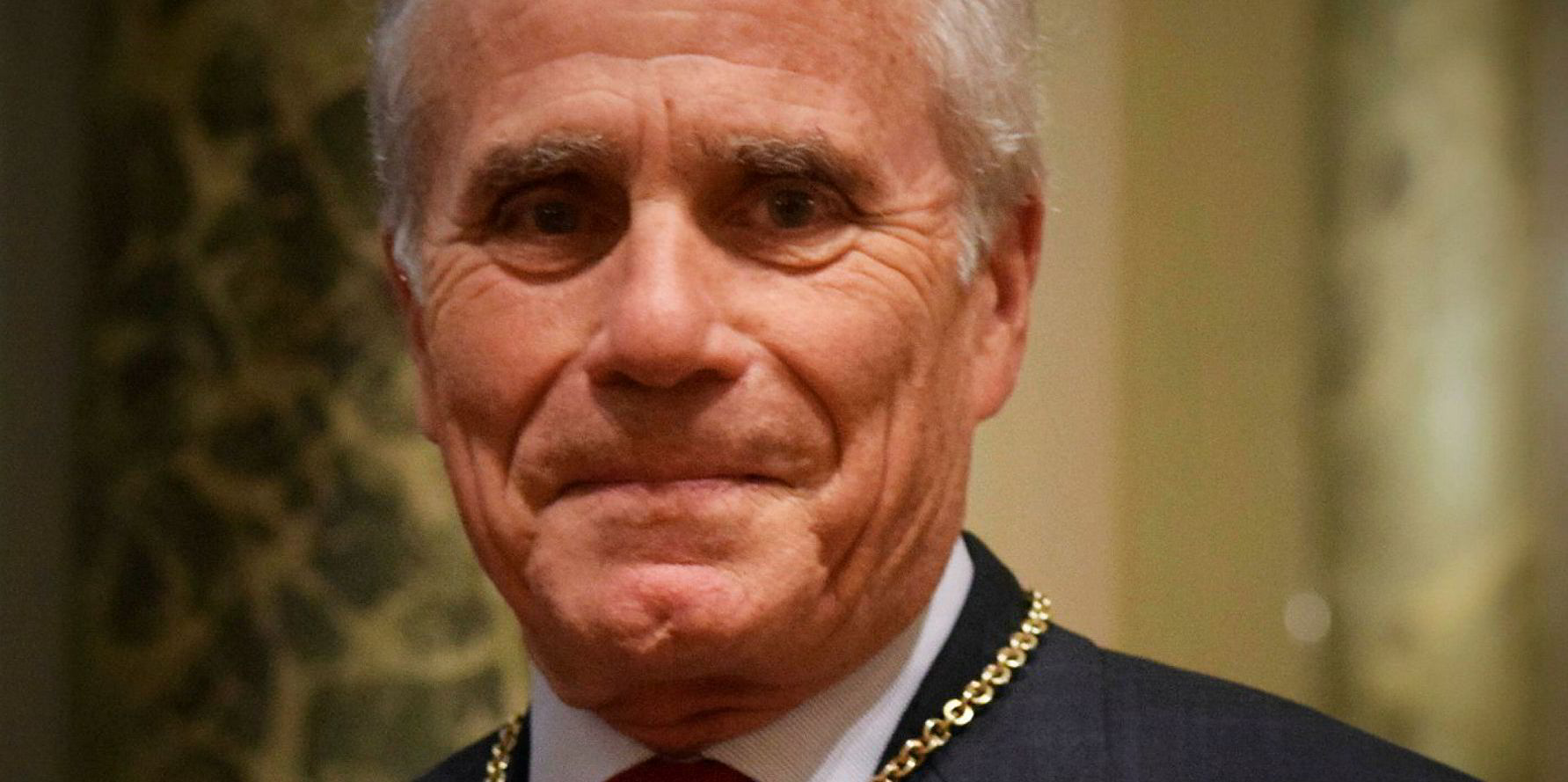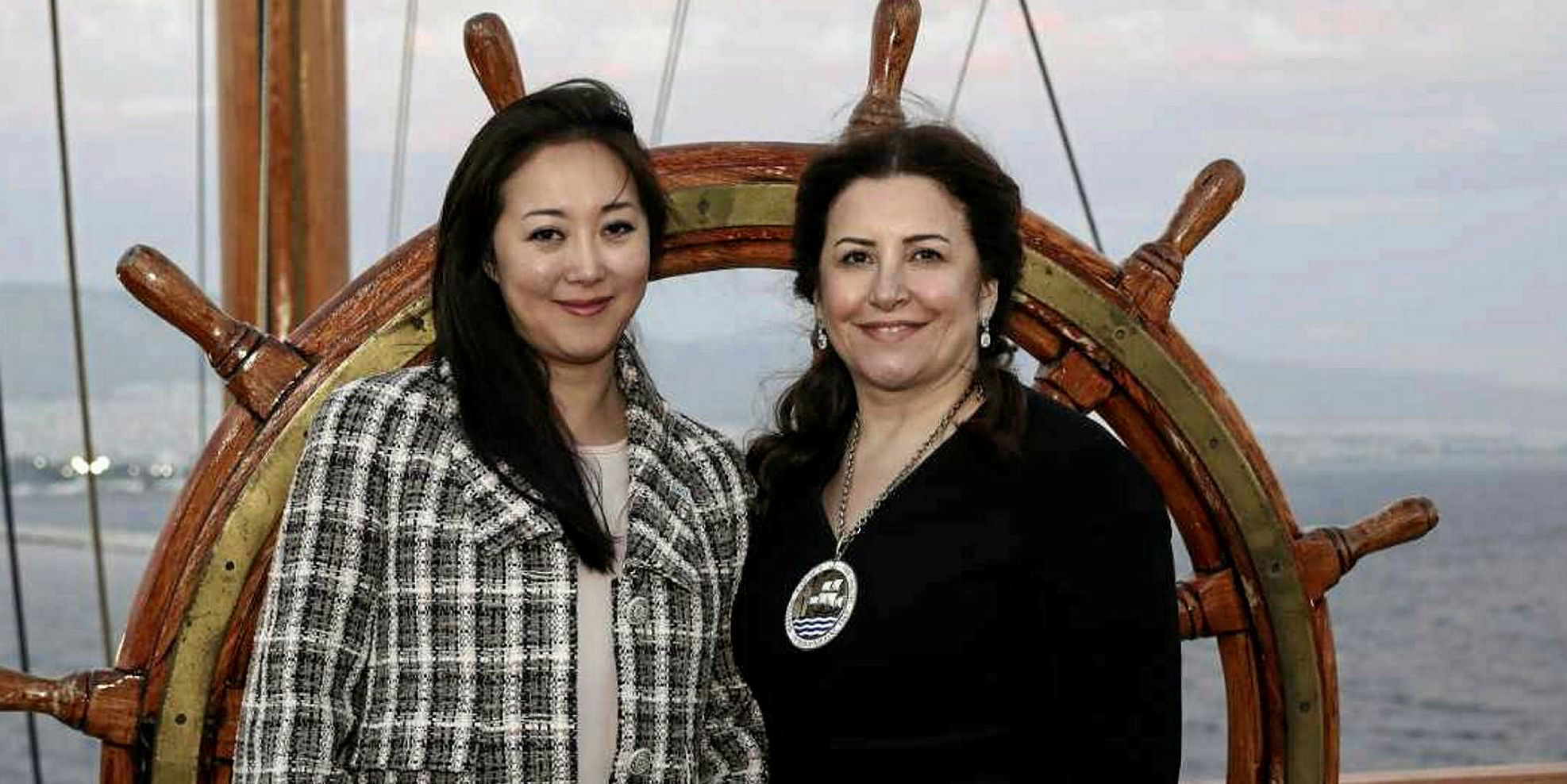Shell has been the most supportive among charterers of low-carbon shipping, building a fleet of at least 18 LNG-fuelled tankers, according to a TradeWinds Knowledge study.
The energy major has sealed long-term charters for Sinokor’s 10 dual-fuelled, 113,000-dwt newbuildings and JP Morgan’s four 25,000-dwt units, which are due to be delivered from South Korean yards in 2021.
Shell, long ambitious in becoming a top player in LNG bunkering, has also been operating two dual-fuelled aframaxes chartered from Sovcomflot and two from AET on a long-term basis. It has been in discussions with shipowners over an LNG-fuelled VLCC project.

Check out TradeWinds Knowledge http://bit.ly/35g4KZ1, our new research project on IMO 2020 and decarbonisation
Another notable supporter of decarbonisation is Australian mining giant BHP, which has offered 15-year charters to shipowners willing to build 10 firm and four optional LNG-fuelled newcastlemax bulkers.
“This comes as more Australians have been feeling the impact of climate change in recent years,” TradeWinds Knowledge said.
Other than being an IMO 2020-compliant fuel, LNG can lower CO2 emissions from combustion by up to 26% when compared with high-sulphur fuel, based on DNV GL’s estimates.
Among other major initiatives, Waterfront Shipping — a wholly owned subsidiary of Methanex Corp — has 10 methanol-powered MR tankers in operation and one due for delivery by the end of this year.
The fleet is expected to transport cargo for Methanex, the world’s largest methanol producer.
Cargill has stated it is on track to reduce CO2 emissions by 15% in 2020 from its levels in 2016, having worked with external partners on wind propulsion, combustion-enhancing technology, air lubrication and waste heat recovery.
In the liner sector, Amazon has vowed to have 50% of all shipments reach net zero emissions by 2030, although this ambition is yet to translate into any visible low-carbon investment in seaborne transport.
“Aside from adjusting to end consumers with an environmental consciousness, many charterers and shippers are likely to face pressure from regulators to reduce their carbon footprint in their respective industries in the coming years,” TradeWinds Knowledge said.
“Not dissimilar to shipping, the first movers tend to be larger players.”
Download a sample TradeWinds Knowledge report via http://bit.ly/35g4KZ1





